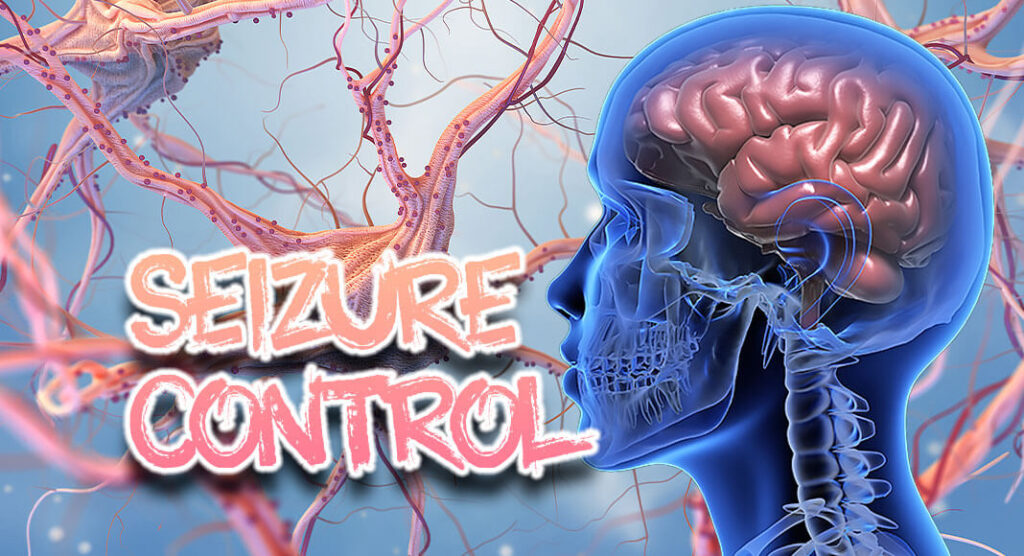
Mega Doctor News
CDC – Epilepsy is a brain disorder that causes repeated seizures. About 3.4 million people in the United States have active epilepsy—that means a doctor has told them they have epilepsy and they are currently taking medicine for it, or they have had at least one seizure in the last year.1 Sometimes epilepsy can be hard to treat and can lead to continued seizures. In fact, more than half (56%) of adults taking epilepsy medicine still had seizures in the past year.2 Uncontrolled seizures may harm health, affect quality of life, and increase health care costs.2
If you’re someone with epilepsy who is still having seizures despite treatment, or are caring for someone who is, here are some things you can do to help:
1. Take medicine as prescribed.
Prescribing medicine is usually the first thing doctors do to stop seizures. It’s important to take it on time and at the dose prescribed so the doctor can tell if it’s helping. Sometimes you may need to try a few different medicines before finding the right one, or the right combination, that stops the seizures. If you’re having side effects that interfere with your daily life, talk to your doctor. Sometimes different medicines can be used to help you feel better.
2. Learn new ways to manage epilepsy.
Self-management is all the things you do to take care of yourself and your health. Managing epilepsy means understanding your condition, getting enough sleep, lowering stress, eating a healthy diet, and other activities. This checklist can help you get started.
CDC also supports self-management programs through the Managing Epilepsy Well Network, the Epilepsy Foundation, and other partners. Learn about programs that may be available in your area.
3. See an epilepsy specialist.
Doctors who specialize in treating epilepsy and seizures are called epileptologists. They work in epilepsy centers, along with other experts such as neurosurgeons, neuropsychologists, specialized nurses, and social workers. Epilepsy centers use a team approach to help people with epilepsy who are having trouble managing their condition. There are more than 230 epilepsy centers across the United States. Visit the National Association of Epilepsy Centers to find an epilepsy center near you.
4. Find support.
Epilepsy can be hard to manage, but the good news is that many places offer help. CDC supports the Epilepsy Foundation’s 24/7 Helpline, which has trained information specialists to answer your questions and link you to support groups, programs, and other resources in your community. Visit CDC’s Find Support page for more ways to get help.
Information Source: CDC
References
- Zack MM, Kobau R. National and state estimates of the numbers of adults and children with active epilepsy — United States, 2015. MMWR Morb Mortal Wkly Rep 2017;66:821–825. DOI: http://dx.doi.org/10.15585/mmwr.mm6631a1.
- Tian N, Boring M, Kobau R, Zack MM, Croft JB. Active epilepsy and seizure control in adults — United States, 2013 and 2015. MMWR Morb Mortal Wkly Rep 2018;67:437–442. DOI: http://dx.doi.org/10.15585/mmwr.mm6715a1










